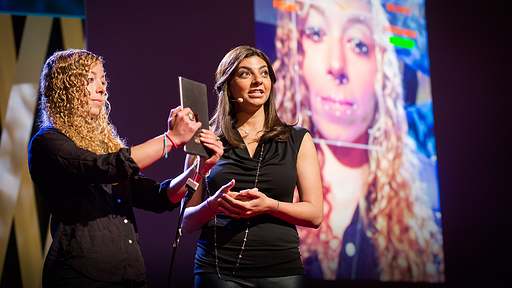Products with a story, tech with connection: The talks in Session 1 of TEDWomen 2015
Before there can be momentum, you need a spark to set it off. In the first session of TEDWomen, we hear from speakers with crackling ideas — from re-imagining an irksome weed as something useful, to helping technology sense and react to our emotions. Short recaps of these talks… A weed, transformed. The water hyacinth looks like a beautiful flower. […]
Continue reading
